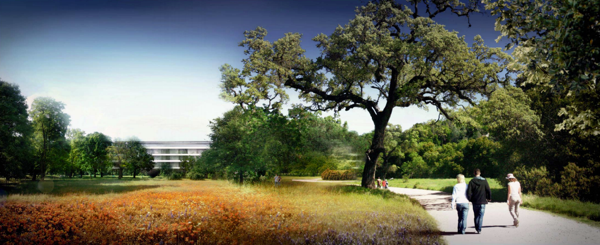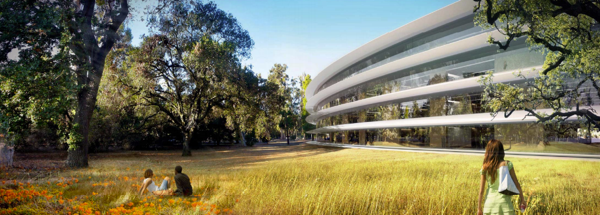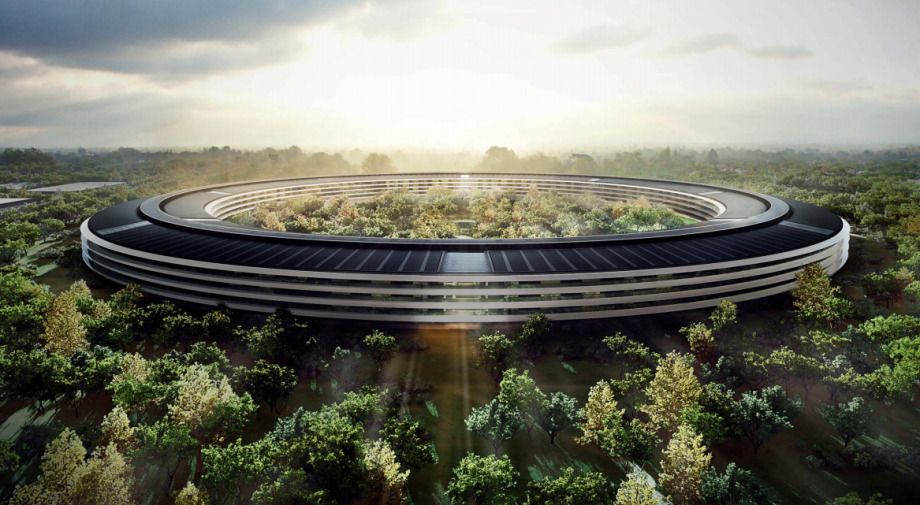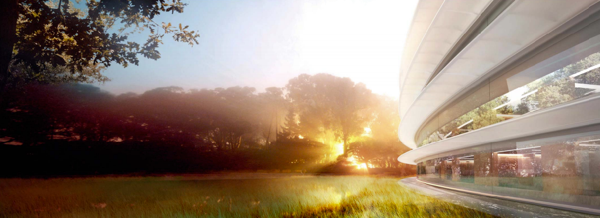Steve Jobs reminds us even in death that he liked to go his own way.
The Cupertino city council this week largely signed off on plans for the Apple complex Jobs spent some of his last years designing and what he, in Walter Isaacson’s masterful eponymous biography, called “a signature campus that expresses the values of the company for generations.”
What values? When much of the tech world was rushing to embrace openness and interoperability, Jobs liked closed systems. The MacBook, the iPhone, iTunes — all nearly hermetically sealed products that bucked the trend. And at a time when all the talk is about “the deep urbanization of tech,” with tech firms populating the most dense parts of cities like San Francisco, New York City, and Washington D.C., Jobs’ vision was of a return to the rural Santa Clara Valley of his boyhood.
Indeed, about 100 acres of asphalt and concrete will be turned green, and every nook of Apple’s Campus 2 was, said Jobs, to be filled with apricot trees. “They’re part of the legacy of this valley,” Jobs told Isaacson.
But outnumbering the trees on the campus will be parking spots. Some 7,000 trees are planned for the site, but there will be nearly 12,000 places to park a car to accommodate some 14,000 employees. There will, according to Apple, be few visitors, as the focus of Campus 2 is on research and development. With a “striking restaurant” and fitness facility on-site, the goal is to create a self-contained campus, set in, per the company “a secure landscape” meant to promote “shared creativity and collaboration, and spur invention of the next several generations of Apple products.”
Just because they might not be able to walk to lunch doesn’t mean that Apple employees at Campus 2 won’t have anything to do. Renderings of the site show them picnicking amid tall grass and wildflowers, running along wooden boardwalks, or talking a long, long walk up the main building’s driveway.
The Mercury News has photos of 3D mockups of Apple’s campus two, and a few renderings of the campus are below.




Nancy Scola is a Washington, DC-based journalist whose work tends to focus on the intersections of technology, politics, and public policy. Shortly after returning from Havana she started as a tech reporter at POLITICO.








